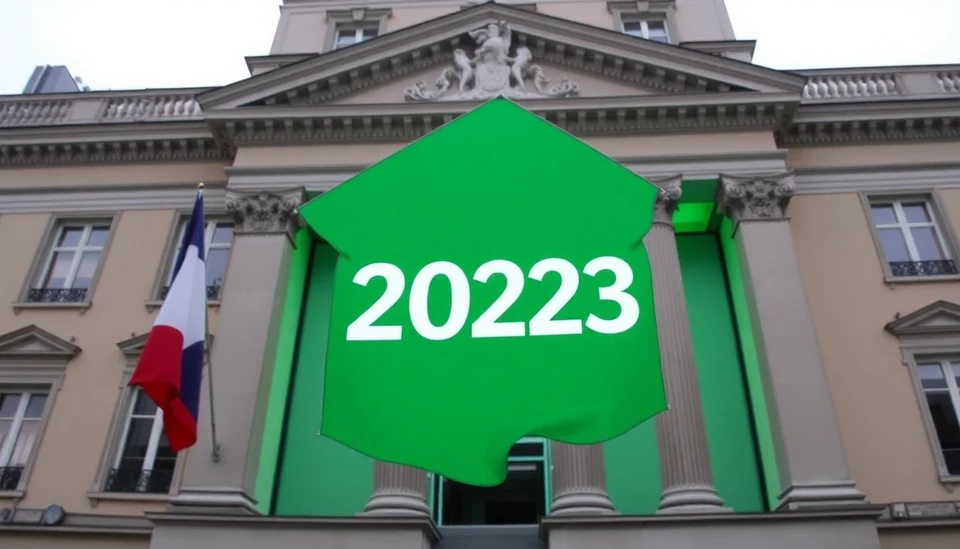
In a recent assessment, the Bank of France has projected that the country will experience no growth during the final months of 2023. This forecast comes amidst rising concerns about economic stability, as various indicators suggest a downturn in vitality for the French economy.
The central bank's report, based on comprehensive analyses and economic data, highlights a stagnating landscape characterized by various challenges. These challenges include escalating inflation, shifts in consumer spending patterns, and uncertainties stemming from global economic instabilities. All these factors converge, painting a sobering picture for France's economic prospects as the year wraps up.
One of the key points raised by the Bank of France is the persistent inflation rate, which has continued to affect consumer purchasing power. As prices rise, households are feeling the pinch, leading to a reduction in discretionary spending. This decline in consumer confidence is seen as a critical driver behind the projected halt in economic growth.
Additionally, industrial activity has shown signs of faltering, as businesses grapple with supply chain disruptions and fluctuating energy costs. The manufacturing sector, once a stronghold of the French economy, is now encountering obstacles that could impede its recovery and resilience in the near future. Analysts expect that unless key sectors regain momentum, the anticipated growth rebound may remain elusive.
The unemployment rate, while relatively stable, has also raised concerns. If job creation does not keep pace with the challenges of inflation and reduced consumer spending, the overall economic environment could face additional strain leading into 2024.
This prediction has sparked discussions among policymakers regarding potential interventions or adjustments needed to stimulate economic activity and support households coping with the rising cost of living. Government measures aimed at bolstering consumer confidence and stabilizing the job market may be necessary to prevent the stagnation from becoming entrenched.
As the French economy confronts these hurdles, businesses and economic strategists alike are encouraged to prepare for possibly more challenging times ahead in the coming months. The Bank of France's outlook serves as a vital reminder of the interconnected nature of global economies and the importance of adaptive fiscal policies to address evolving challenges.
Observers are keenly waiting to see how the situation evolves, particularly as other European economies also navigate through similarly turbulent waters. The effective response from both public and private sectors will be crucial in shaping France's economic trajectory as it heads into 2024.
In summary, while the Bank of France's forecast may seem grim, it highlights a critical moment for introspection and action. Stakeholders across the board must engage in proactive strategies to mitigate risks and harness opportunities that can foster resilience in the face of uncertainty.
#BankOfFrance #EconomicGrowth #FranceEconomy #Inflation #ConsumerSpending #Manufacturing #EconomicForecast #Policymaking
Author: Laura Mitchell




